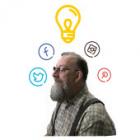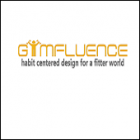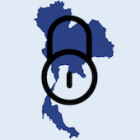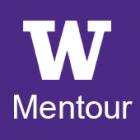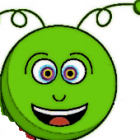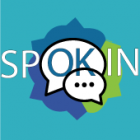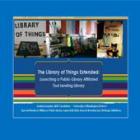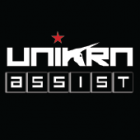
Forest to Furniture Website Design
The non-profit organization Forest to Furniture promotes good Forest Stewardship practices and works to connect together the chain of people involved in woodworking, including Land Owners, Sawyers, Truck Drivers, Woodworkers and Clients. People need a website to connect. The website serves three goals: to be accessible to clients, to connect members of the woodworking industry together and to inform the greater public. This website includes an information page, a page of partners and a blog to highlight different stewardship practices in the philosophy of Forest to Furniture. The purchaser gets to know the story of their furniture- the land it came from, the age of the tree, the hands it touched. Forest to Furniture adds value to the otherwise mundane task of selecting furniture by empowering people to recognize that their choice in furniture is about more than just the furniture- it’s a vote for the process that created it.

